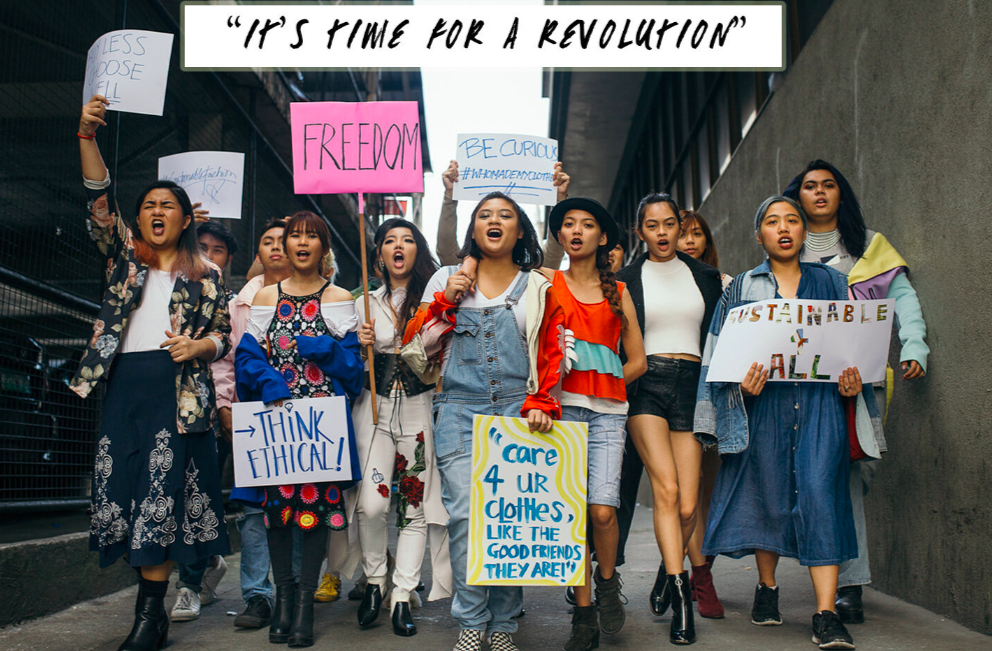
Women’s safety
For many dismissed or temporarily suspended garment workers, time ordinarily spent at work will revert to time spent in unsafe environments. Whether this is an explosive household or a polluted street, these dangerous spaces put women at greater risk of gender-based violence.
The Center for Global Workers’ Rights published a research report on the impact of coronavirus on garment workers in Bangladesh, finding that 80.4% of permanently dismissed workers were sent home without any severance pay. This was undoubtedly infuriated by the fact that 97% of brands refused to contribute to severance pay.
In Bangladesh, where the clothing industry counts for 80% of the country’s exports, gender-based violence is one of the most pervasive forms of human rights violations against women. Here, female garment workers are commonly a family’s sole wage earner, supporting a husband and children on a single poverty wage.
This makes it impossible to amass any real savings.
Job loss and salary suspension could force millions of workers to turn to alternative sources of income. In desperation, women may enter occupations that have little to no employment laws, such as casual labour, entertainment and sex work.
Alternatively, they could be required to return to work. Some Bangladesh factories have defied lockdown orders and reopened, putting their workers in stark danger of infection and potentially triggering a national surge in cases.
Right now, with no legal or financial protection, the fashion industry’s most vulnerable women face a considerable threat of illness and violence.
The future
It’s difficult to imagine the sheer scale of garment workers whose lives will be changed by coronavirus. Each worker has her own story, her own family and livelihood – all of which will be victim to this disaster long after the pandemic subsides.
Despite fast fashion’s alarming lack of positive action in the face of coronavirus, there are things you can do to help.
Labour Behind the Label has a relief fund that supports garment workers during coronavirus, to which you can donate here.
Alternatively, you can visit Clean Clothes Campaign and find out how to take action in other ways: writing to brands, demanding accountability, or by simply asking questions.
Brands refusing to take responsibility for the health and wellbeing of women in their supply chains are profoundly anti-feminist. But organisations like Remake are holding them accountable, and by signing the #PayUp petition, you can too.
Feminist fashion looks like something very different to the fast fashion system of negligence and immorality that’s become ingrained in society today. Instead of shirking ethical obligations and sidestepping legalities, a truly feminist brand is one that prioritises women’s rights, pays its workers fair wages and pays up on its production pledges – and all without being pressured to do so.

